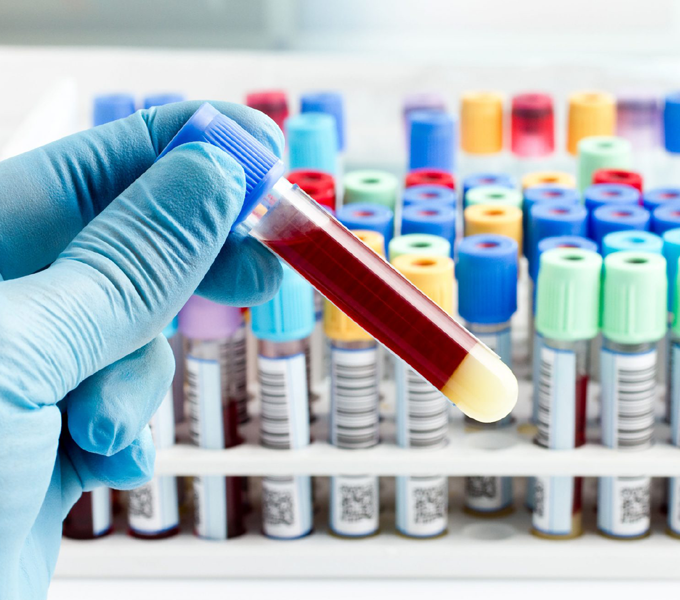"Accurate Diagnostics: Comprehensive Pathology Services for Better Health Insights!"
Pathology is a branch of medical science primarily concerning the cause, origin and nature of disease. It involves the examination of tissues, organs, bodily fluids and autopsies in order to study and diagnose disease.
Currently, pathology can be divided into eight main areas, depending on the types of methods used or the types of diseases examined.
There are teams of medical staff and scientists whose job it is to study samples from a person’s body to understand what’s making them unwell.
These teams are made up of pathologists – who are either doctors with specialist laboratory training or scientists with specialist clinical training – as well as biomedical scientists and support staff. Doctors, nurses, surgeons and other medical staff look to pathologists and consultant clinical scientists for advice on the nature and seriousness of a patient’s illness, making sure they get the most appropriate treatment.
Pathologists also play important roles in a range of research, from investigating the effects of new drugs in clinical trials to profiling the behaviour of viruses and bacteria.
Importance of pathology?
Pathology is the study of disease. It is the bridge between science and medicine. It underpins every aspect of patient care, from diagnostic testing and treatment advice to using cutting-edge genetic technologies and preventing disease.
- General pathology
- Anatomical pathology
- Clinical pathology
- Chemical Pathology or Biochemistry
- Genetics
- Hematology
- Immunology
- Microbiology

Online simple step for appointment

Make Appointment

Select Doctor


